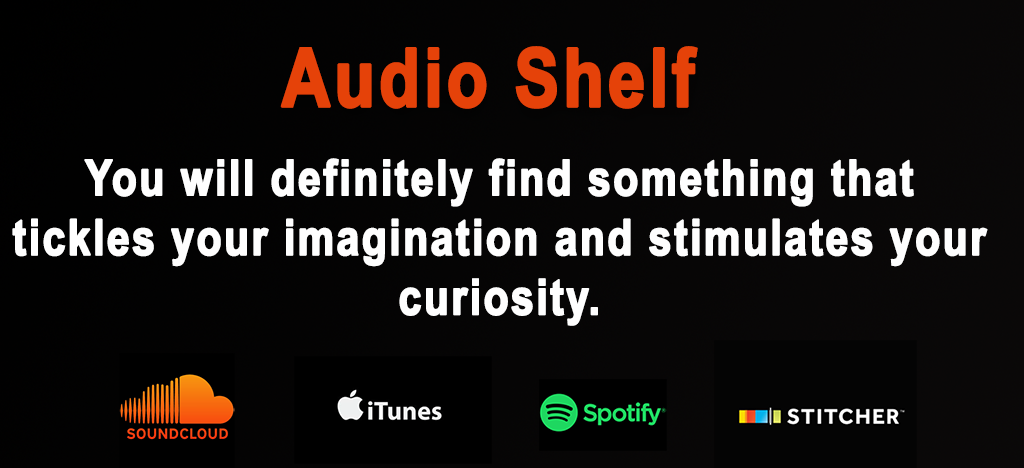A Portal for Curious Minds
Featured Conversation
Featured Guests


The debate over whether or not free will exists is not new. The main points of contention in this discussion are whether or not we have control over our actions, and if so, what kind of control we have and to what extent. On the one hand, we have a strong sense of liberty, which causes us to trust in our own free will. An intuitive and instinctive sense of free will, on the other hand, could be misinterpreted. In this episode of Bridging the Gaps, I speak with Dr Aflred Mele and we discuss the concept of “Free Will” from the perspective of philosophy and from the perspective of neuroscience.
Dr Alfred Mele is a Professor of Philosophy at Florida State University. His research interests include issues about human behavior located at the intersection of philosophy and science such as free will, personal autonomy, self-deception, self-control, intention, intentional action, motivation, and moral responsibility. He is also the past Director of the Philosophy and Science of Self-Control Project and the Big Questions in Free Will Project.
I open this discussion by asking Dr Mele to unpack the concept of “Free Will”. I then ask Dr Mele to outline important philosophical views about the concept of “Free Will” that emerged over time. We discuss in detail the relevant concepts of determinism, compatibilism, incompatibilism, and libertarianism. We then discuss the concept of Free Will through the lens of neuroscience. We discuss a number of experiments conducted by neuroscientists. The finding of these experiments seems to suggest that that free will is an illusion. But the question is, is it right to extrapolate the findings of these experiments that focus on simple choices and are conducted in controlled environments to conclusively suggest that free will does not exist. Dr Mele discusses this point in detail.
Complement this conversion with fascinating discussion with Professor Renata Salecl on “A Passion of Ignorance and Denials” and then listen to Professor David Chalmers in: “From Consciousness to Synthetic Consciousness”.
Philosophical reflection on technology is not new, it is about as old as philosophy itself. However, as the impact of technology on everyday human life and on society keeps increasing, and new and emerging technologies permeate nearly every aspect of our daily lives, it is crucial that human-technology relationships are studied extensively and understood thoroughly. In this episode of Bridging the Gaps, I speak with philosopher Professor Peter-Paul Verbeek who suggests that human-technology relationships should be studied by focusing on how technologies mediate our actions and our perceptions of the world.
Peter-Paul Verbeek is Distinguished Professor of Philosophy of Technology at the Department of Philosophy of the University of Twente. He is chair of the Philosophy of Human-Technology Relations research group and co-director of the DesignLab of the University of Twente. He is also honorary professor of Techno-Anthropology at Aalborg University, Denmark and is chairperson of the UNESCO World Commission on the Ethics of Science and Technology (COMEST). His research focuses on the philosophy of human-technology relations, and aims to contribute to philosophical theory, ethical reflection, and practices of design and innovation.
I open this discussion by asking Professor Verbeek why humans are usually worried about new technologies. This is not a new phenomenon; even in ancient Greek, philosophers expressed their concerns about the emerging technologies of their time. We see similar concerns expressed at the time of the invention of the printing press. Now we see similar views being expressed by technologies such as Artificial Intelligence and Robotics. We discuss in detail philosophy of technology, technology ethics, ethics from with-in and the challenges posed by powerful and intelligent technologies of the future.
Complement this discussion with Professor Luciano Floridi’s thoughts on Philosophy and Ethics of Information and then listen to Dr Karl Frey’s views in “The Technology Trap and the Future of Work”.
Connect With Us